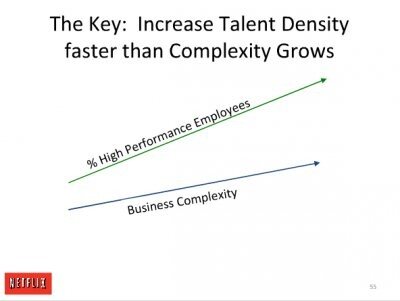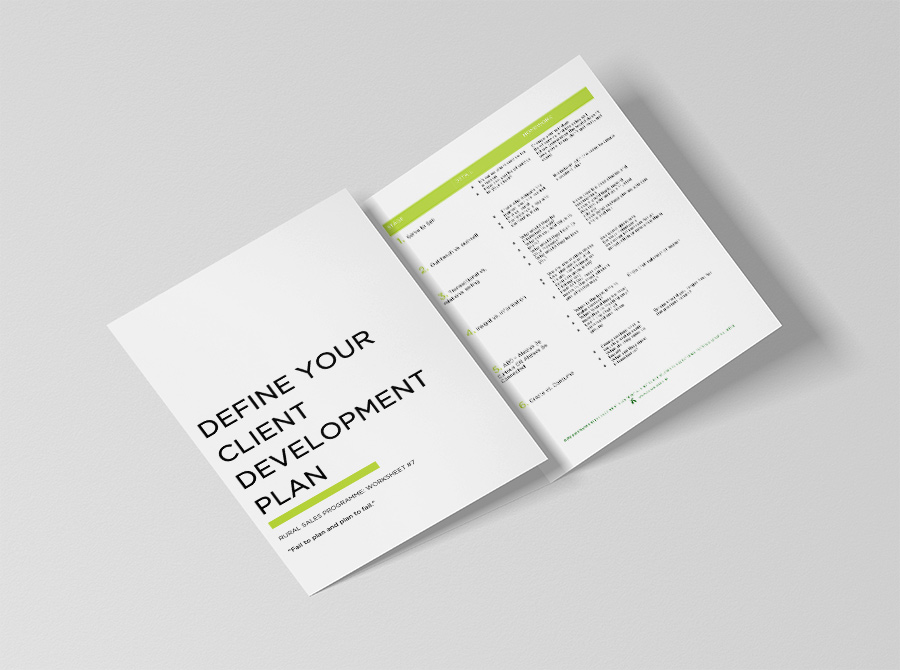Time To Grow The Farmer, Not Just The Farm?
We talk a lot about capital gains but it’s time we spoke about the human capital of our farmers. Our farmers are resilient, hard-working, resourceful people who do the best with what they have but is this hard work ethic getting in the way of the working smarter ethic?
Farming isn’t getting any easier so we need to become smarter because sitting still isn’t going to work.
The level of complexity and compliance farmers now face can be cognitively challenging for anyone.
Whether its nutrient management plans, debt consolidation, succession planning, genetic programmes, farm environmental plans, animal welfare codes or infrastructure planning there’s a lot on their plate. Then there’s the weather, disease, pest infestation, trade wars, FX and climate change.
Their plate isn’t getting better but it’s piling up.
Because of this continual chaos and complexity, we need to keep developing talent density to keep ahead of the curve as Netflix CEO Reed Hastings reminds us. Netflix and all the other tech giants have a deliberate policy of ensuring the talent they attract is ahead of the game. They invest heavily in their people to make sure they are the best they can be so they remain innovative, disruptive and profitable.

“If you done what you’ve always done you’ll always get what you’ve got”
For some, their farming systems are locked into an inter-generational system imprinted upon them from their forefathers. They literally don’t know what they don’t know.
Because of this, the risk is we have a static monoculture of farmers doing the same thing getting less results aka. The Law Of Diminishing Returns. Not great for them or for our economy.
A crop paddock never grows the same crop year after year because the nutrients need to replaced. The paddock has to be rotated in crop to ensure its soils remain fertile to maximise plant growth and yield over subsequent seasons.
Our farmer’s minds have to remain replenished rather than remain reactive in the same way.
If we want to yield more from our farmers, we have to feed their minds in the top two inches – the most important muscle.
So what’s the brainfood we can feed our farmers?
How can we grow our farmers using the right, nutritious content?
Consumer preferences are changing rapidly. Just take plastic and the public u-turn on this. A tipping point has been reached where you are scorned for carrying a plastic bag from the supermarket.
Some farming practices could suffer the same fate if we’re not careful.
That said, there’s a lot of amazing work happening out there already.
AWDT do a grand job with their Escalator programmes (not just for women either). B+LNZ also invest heavily in workshops and seminars to achieve greater productivity and profitability using extension. Same for Dairy NZ and DINZ. Other industry associations, too many to list here, have the best of intentions too trying to do all they can to lift and improve the profitability and productivity of their levy paying members. This is all good stuff.
Yet I wonder if we’re still missing something.
- Where do farmers get educated about marketing, brands and consumer behaviour so they can get a closer connection to their customers and capture more of the value?
- Where can they learn about buyer behaviour or pricing psychology to better their returns from their produce?
- Where can they learn about selling more strategically?
The internet is full of free resources and online courses. Farmers are consumers themselves too so sometimes it’s simply a case of a change in mindset using the same lens they use as a consumer.
The smart ones are investing in themselves so they can become value makers vs. price takers. The Rural Innovation Lab, through its PGF funding, is leading the way encouraging and showcasing farmers who are leading the way with innovation and differentiation.
This of course all comes with risk.
The risk of alienating intermediaries that have fulfilled the role of marketer for many years. The risk of failure and public criticism. The risk of losing your land even.
All these risks need to weighed up and mitigated using the right resources and advice.
The best advice is to take little bets. Don’t bet the farm on the latest and greatest. Test and trial just as you would with any new crop or grass. Test your market. Test your message. Test your media. Bullets, not cannon balls.
You are your own architect.
You either act or be acted upon. The only way to change things is change by taking action. If not, prepared to face more of the same, or less.
And you will always absolve yourself of your marketing responsibility when you abdicate that responsibility to your meat or dairy partner.
Like voting, don’t complain about what you end up if you haven’t.
“You always fall to your highest level of training” – Navy Seals
I was reminded of this quote when reading David Goggins book Can’t Hurt Me on holiday (warning: he’s one intense cussing dude but well worth a read).
The quote is a poignant and timely one that tells us when we come under pressure, do we rise or fall to the level of our training? (the Rugby World Cup will validate this concept for us soon enough).
- Are we training our farmers to be the true business people they need to be?
- Are we arming them with the right tools, skills and systems to take on a rapidly disruptive marketplace?
- Where can they be access the right, relevant information in a way that isn’t overwhelming?
We can all help and I’ll continue to do my bit here by continuing to post and share content that I think’s useful and valuable for farmers and the food producing community.
Besides, farmers have done a great job of feeding us and our families for many generations so I think it’s time we returned the favour and fed them too.
+++
If you enjoyed this article please Share it with your network or drop me a comment below with your own thoughts.
If you want to read more on this subject here is the Kellogg report I wrote for farmers and food producers who want to disrupt traditional value chains and get closer to consumers using technology: https://ruralleaders.co.nz/a-study-into-how-technology-is-disrupting-new-zealand-agricultures-value-chain-st-john-craner/





